We spill the secrets on how to make meals stress-free, no matter how many kids are screaming, how tired you are or how long a day it's been.
10 Meal Planning Secrets From a Pro

While June Cleaver and other 1950s TV moms made it look easy, the reality of getting a healthy meal on the table is a challenge. With our expert tips, we’ll show you how to make any meal stress-free and get a delicious, nutritious meal on the table in no time at all.
At first, it may seem like we’re asking you to do a lot of work. But, in reality, you’re saving time by planning just once instead of trying to figure it out each and every day. If you start simple and build upon what you’ve learned, after a while, you’ll start to feel more comfortable with meal planning, experiment a little more, and have more time to relax and enjoy the meals you’ve prepared.

Plan Ahead
Actually write down what you are going to have on each day for the next week. That way you can write out a grocery list and shop for it all at once. You’ll be surprised how much stress this will remove from your week. And you don’t have to do it alone. At your next meal, ask your family what they would like. You’ll find kids will eat healthier things if they have a hand in choosing what it is.
Here are some grocery shopping tips that will take the stress out of your next trip.
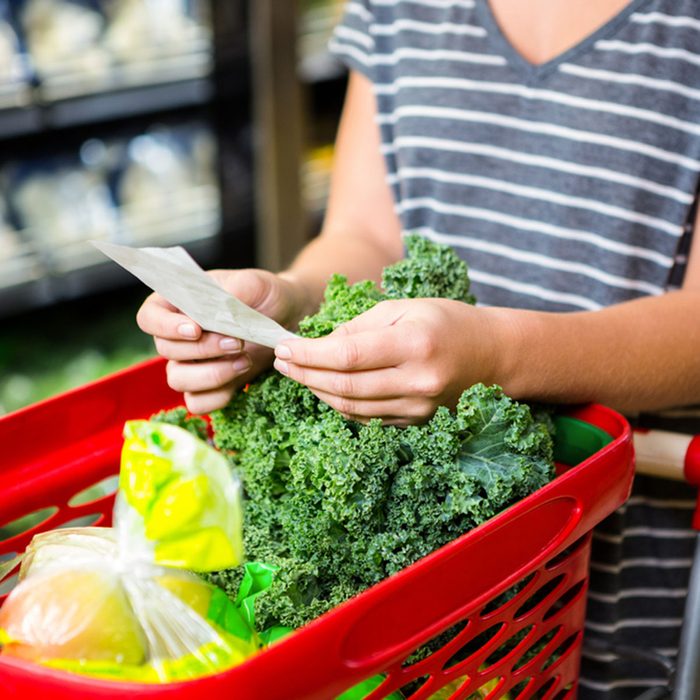
Reuse Good Plans
Why reinvent the wheel? Saving your weekly menu plans and reusing them later is a huge time saver. Just be sure and write down what worked well and what needed some tweaking.
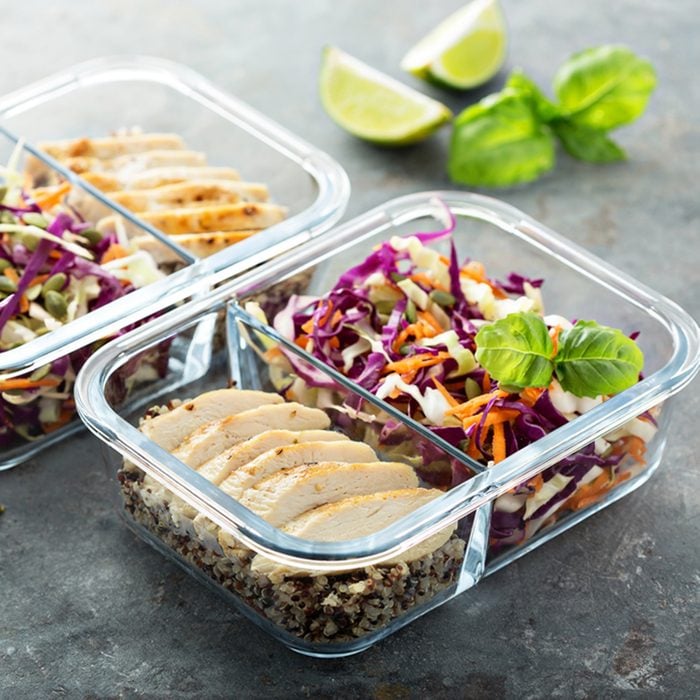
Plan for Leftovers
When you plan for a whole week, you can see ways to cook one dish and reinvent the leftovers another day. For instance, instead of roasting just one chicken, why not pop in two? That way, you can use the second bird two or three days later in a recipe that calls for cooked chicken. With a little forethought, you can turn just about any leftover into a masterpiece.
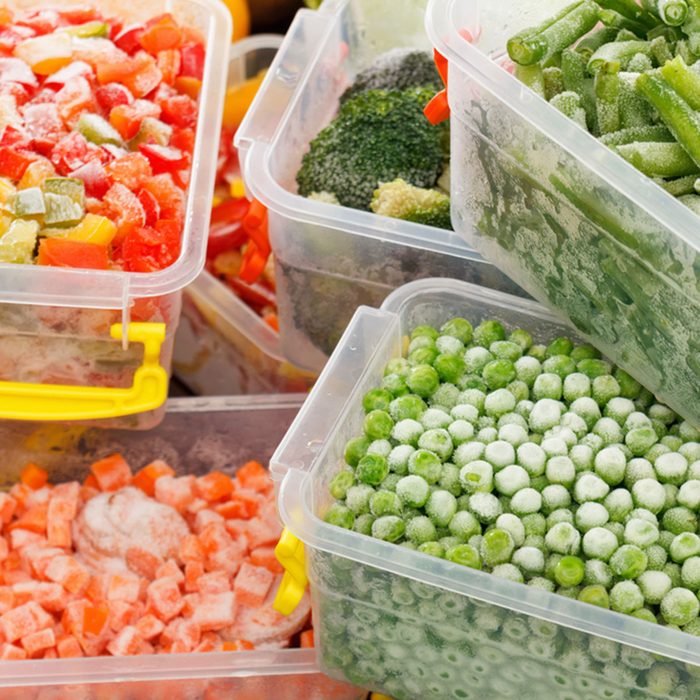
Double Up
Recipes that can be frozen should be doubled. Half of it can then be frozen for quick meals later on. Yes, it may take you a little extra time now, but in the long run, wouldn’t it be great to know you have dinner already done and waiting in the freezer? Check out how to pack your freezer like a pro so there’s plenty of room for your future meals.

Grab the Bargains
Scanning grocery store ads can help you in multiple ways. First, you can see what items are on sale so you can plan menus around the cheapest things. You’ll be surprised how often expensive cuts of meat go on sale. Second, plan to pick up bargain items you use a lot. You may not need 10 cans of chickpeas right now, but if they’re a good price, get them to help stock your pantry.

Shop Your Pantry First
After you write out your grocery list, the first place you should shop is your pantry. If you’ve shopped the bargains ahead of time (see above), you just may already have a good portion of your list taken care of. A big key to shopping your pantry is to organize it correctly. These seven secrets for keeping a well-stocked pantry are life-savers.
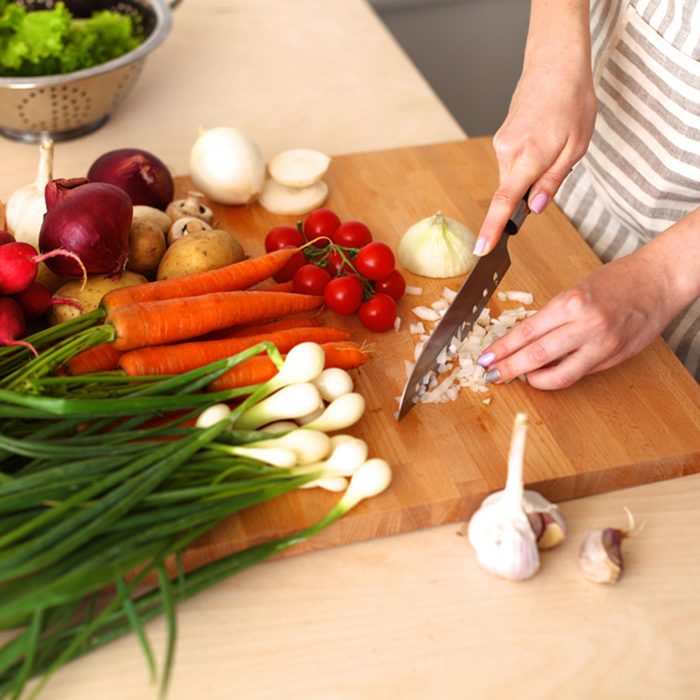
Chop Once
If you know you need chopped onions in three recipes for the week, go ahead and chop them all at the same time and store in the refrigerator. Better yet, if you have some time after shopping, go ahead and prepare all your meats and vegetables for the week so all you have to do later is grab them from the fridge and cook. Same goes for fresh herbs, as long as you learn how to chop and store them correctly.

Shop the Salad Bar
If you only need a small amount of something, like chopped onions, peppers or other veggies, sometimes it makes more sense to pick it up already chopped from the grocery store salad bar. Be sure not to overuse this tip, as veggies on a salad bar will cost almost twice as much, pound for pound, as what you’ll get in the produce section. Use this only when you need an amount less than what you’ll get from a whole fruit or vegetable.
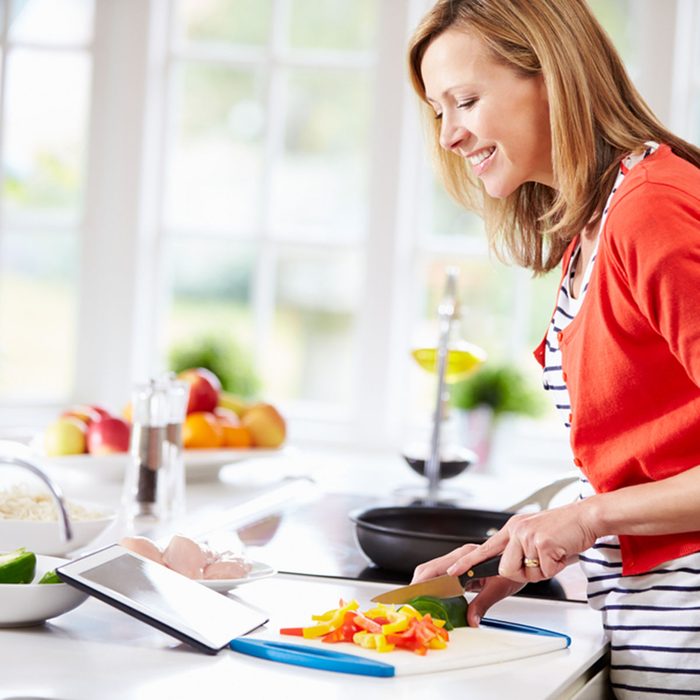
Start Slow
I know this tip may sound silly, but many people get captivated by recipes they see online or in a magazine, and try a whole bunch of new, often complicated, things at once. Start with recipes suited to your skill level for weeknight meals and save the more fiddly ones for the weekends or when you have more time to devote to preparing them.

Don’t Do It Alone
Who says you have to tackle cooking all by yourself? Have your children help with tasks suited to their age. This is easy when you have just the right recipe that will get kids excited to cook. Pretty soon, your kids will be able to get dinner started before you even get home.
















